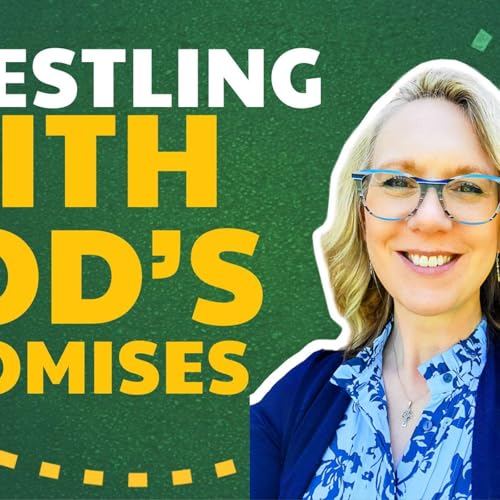Mark 11:12-25: Cursing the Fig Tree, Cleansing the Temple & Moving Mountains
➡️ Jesus curses a fig tree for bearing no fruit, even though it wasn’t fig season. At first glance, this seems unfair.
Some interpretations:
> Creation is Broken: Some suggest the act reflects Jesus’ grief over a broken creation.
In a perfect world (like Eden), fruit trees would always bear fruit.
The fig tree’s barrenness symbolizes how sin has disrupted creation..
> Symbol of Israel: The fig tree also represents Israel.
Its lack of fruit reflects the spiritual barrenness of God's people.
This ties to what follows.
➡️ Jesus Cleanses the Temple
Jesus enters the temple & violently clears out the money changers.
The fig tree & the temple are likely connected.
> Fig Tree = Israel's False Peace: Like the tree, Israel gives the appearance of health but bears no spiritual fruit.
It represents a religious system that had become transactional, abusive, and no longer a source of the forgiveness of sins.
>Temple System Coming to an End: Jesus' actions show that the entire temple system has run its course.
Jesus fulfills the temple, and it is no longer necessary — He is the new temple.
➡️ Faith That Moves Mountains
What does this mean when Jesus says, “If you have faith, you can say to this mountain, ‘Be thrown into the sea,’ and it will be done?”
> The "mountain" may symbolize the Temple Mount
It doesn’t mean God is a "vending machine" where faith is a currency to get material things.
Nor is it about manipulating God to get what you want.
The call to “move mountains” is not about miracles or material gain, but faith in Jesus.
Prayer, then, is about aligning our hearts with God's will — seeking the kingdom and finding comfort in His promises, not worldly outcomes.
Contributor Rev. Harrison Goodman is the Higher Things Executive Director of Missions and Theology.
Contributor Eli Lietzau is the pastor at Wheat Ridge Evangelical Lutheran Church in Wheat Ridge, CO.
#higherthings #lcms #lutheran #jesus
 30 mins
30 mins 34 mins
34 mins Apr 15 202520 mins
Apr 15 202520 mins Apr 10 202517 mins
Apr 10 202517 mins Apr 8 202514 mins
Apr 8 202514 mins 19 mins
19 mins 8 mins
8 mins Mar 27 202515 mins
Mar 27 202515 mins
